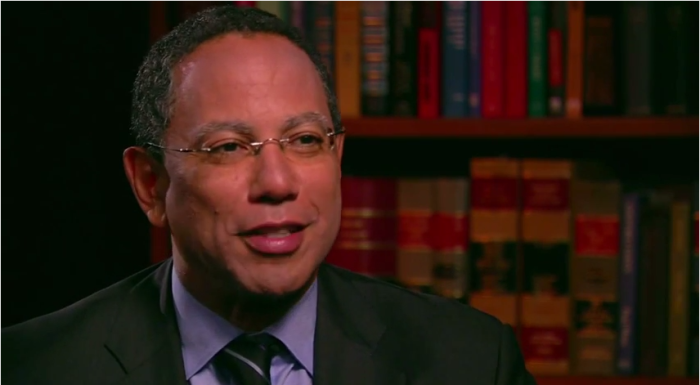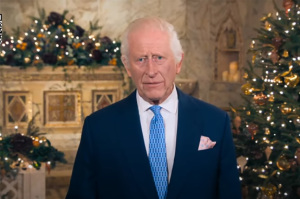New York Times Fires Top Editor Jill Abramson, Replaces Her With Dean Baquet, the First Black American to Lead Paper

After less than three years as the top editor of The New York Times, the company abruptly announced Wednesday that Jill Abramson had been fired and replaced by managing editor Dean Baquet, the first black editor to lead the paper.
A report from The New York Times said the announcement from Arthur Sulzberger Jr., publisher of the paper and chairman of The New York Times Company, stunned the newsroom in a hastily assembled meeting. The decision was made, he said, because of "an issue with management in the newsroom."
Ken Auletta, media critic for the New Yorker, explained in a report, however, that the issue with Abramson was a fight over compensation.
"Several weeks ago, I'm told, Abramson discovered that her pay and her pension benefits as both executive editor and, before that, as managing editor were considerably less than the pay and pension benefits of Bill Keller, the male editor whom she replaced in both jobs," wrote Auletta.
He said he was told "she confronted the top brass" about the situation which set off the chain of events that led to her ousting.

"This may have fed into the management's narrative that she was 'pushy,' a characterization that, for many, has an inescapably gendered aspect," added Auletta.
The New York Times maintained, however, that money was not the main issue behind Abramson's firing.
"Jill's total compensation as executive editor was not less than Bill Keller's, so that is just incorrect," New York Times spokesperson Eileen Murphy told POLITICO on Wednesday. "Her pension benefit, like all Times employees, is based on her years of service and compensation. The pension benefit was frozen in 2009.
"The reason for the departure was as we said earlier: Arthur's concern over certain aspects of newsroom management," she added.
According to The New York Times report, in recent weeks, Baquet had become upset by a decision Abramson made to offer a senior editor job to Janine Gibson of the Guardian that would have made her co-managing editor of the paper with him. Abramson did not consult Baquet about the decision.
The conflict soon rose to the attention of Mr. Sulzberger.
Abramson had recently hired a consultant to help her with her management style but Sulzberger made the decision to fire her anyway.
In accepting the job as top editor, Baquet, 57, promised the staff a number of things.
"I will listen hard, I will be hands on, I will be engaged. I'll walk the room," he said. "That's the only way I know how to edit."
He also thanked Abramson for teaching him "the value of great ambition."





























